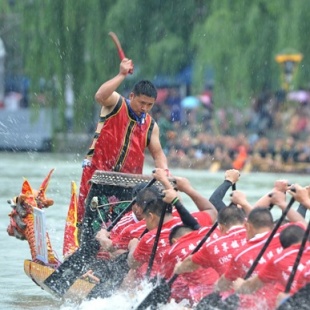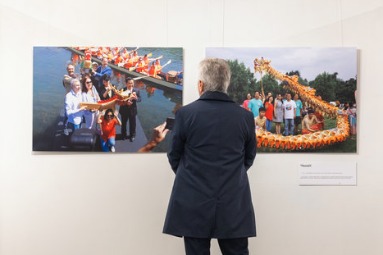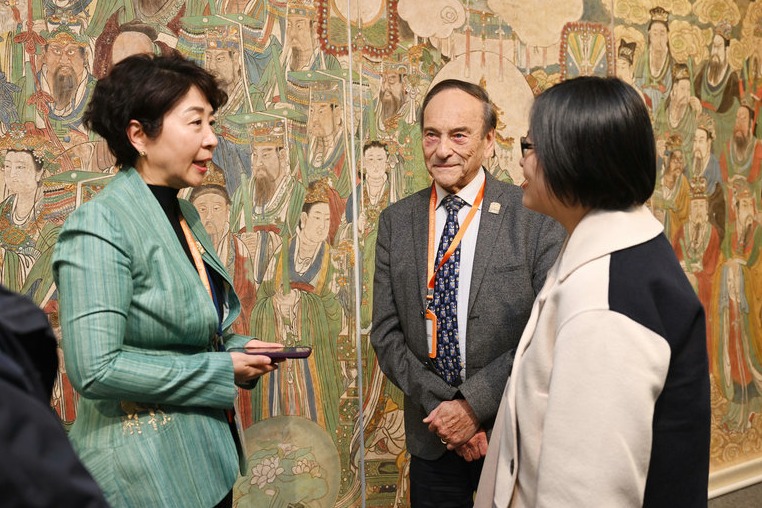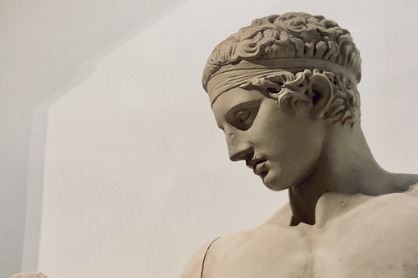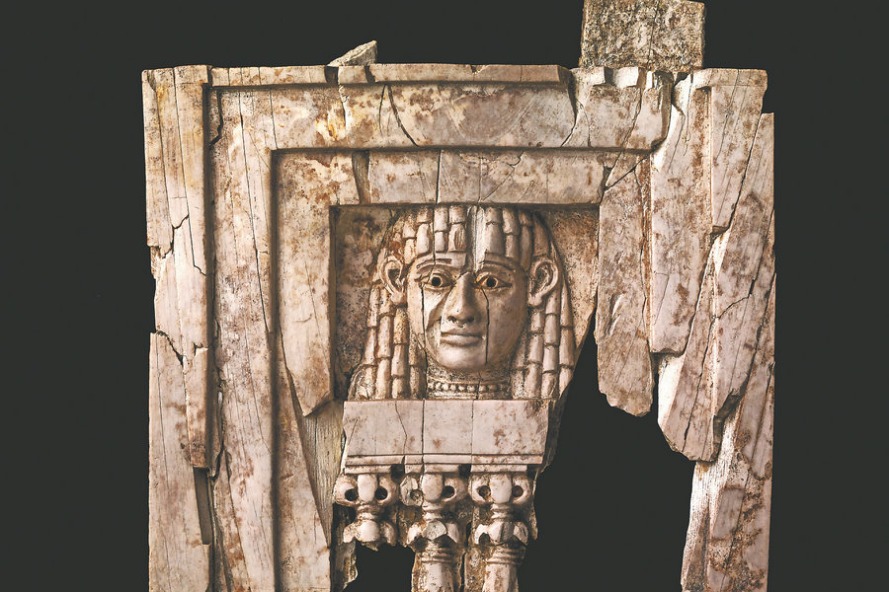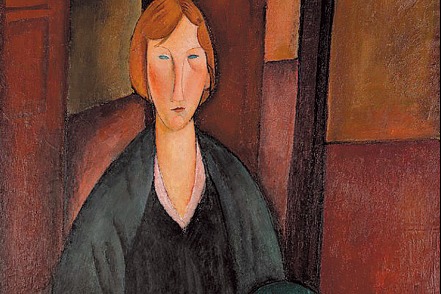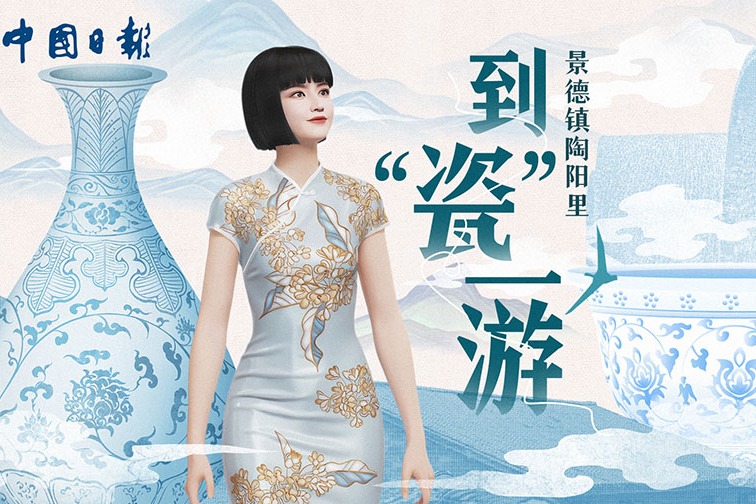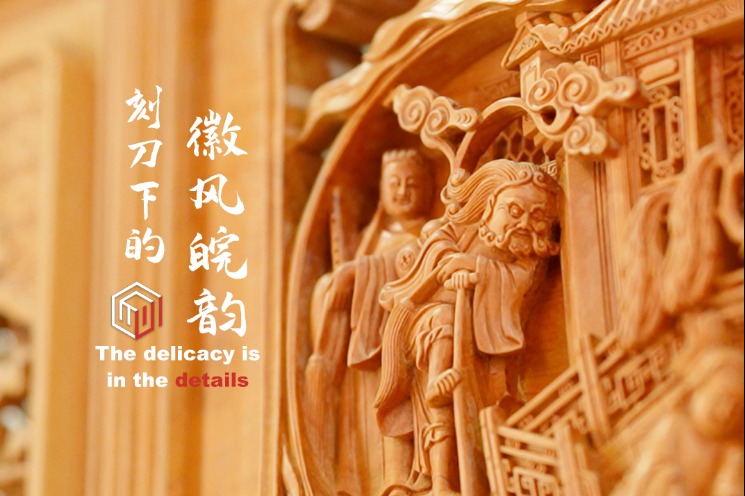Regardless of name, an event worth celebrating


"The communication between the ethnic groups drives the spreading and inheriting of Duanwu customs, and the customs can be learned, developed and changed by each ethnic group," Lin says. "It shows that the customs have penetrating power through time and space."
Take the custom of hanging Chinese mugwort as an example. People in Jiangsu and Zhejiang provinces will also hang garlic with the mugwort while people in Guangdong province's Chaozhou area would hang pomegranate flower instead, and people in Taiwan would choose a banyan branch.
"The change of this custom is related to people's living environment and the historical tradition they inherit, but no matter how multifarious it shows, the aim is to wish the family safety and health," Lin says.
"The changes of the Duanwu customs are based on the changes of people's life needs, which has revitalized this festival over thousands of years," he says.
Lin thinks the inheriting of Duanwu customs combines both modernity and tradition.
"The inheriting of Duanwu customs includes Chinese people's choice of culture and life, and it also shows the cultural creativity and cultural confidence of Chinese people," Lin says.
Xiao Fang, a folklore professor of School of Sociology at Beijing Normal University, thinks unlike other traditional Chinese festivals such as Spring Festival and Mid-Autumn Festival which mostly celebrate family gatherings, the Duanwu Festival not only values the importance of family but also protects life and honors the memory of ancestors.
"When we enjoy and inherit the customs of the Duanwu Festival, we receive the ethnic education, spiritual pleasure and blessings for life," Xiao says.


